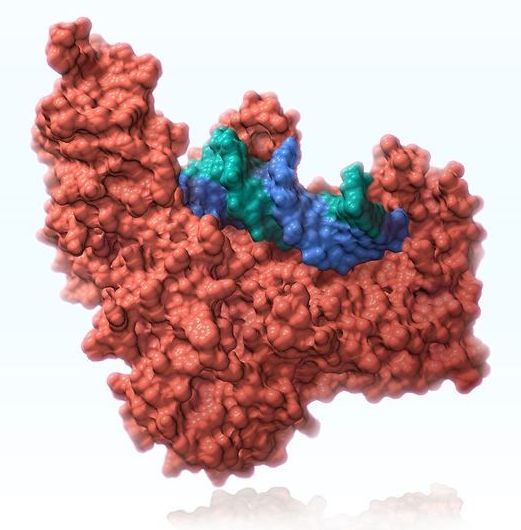Category: health – Page 398

Affirmation of Life – essay about the book: The Denial of Death
We all have the potential to pioneer this universe of wonders and discoveries, but we are like genies trapped in bottles. Not only that, the bottle is rusting away, and we have barely gotten to exercise our powers. Yet here we sit, instead of working on the situation, we do what we can to deny death and pretend it’s not happening. We fight tooth and nail for land, gold, traditions, landmarks, and policies, but when it comes to human life, the most valuable of all, something causes us to pull back and let it slide. If gold or a landmark had a genie in it then would it be less valuable?
The author of The Denial of Death, Ernest Becker, writes, “This is the paradox: he is out of nature and hopelessly in it; he is dual, up in the stars and yet housed in a heart-pumping, breath-gasping body that once belonged to a fish and still carries the gill-marks to prove it.” “Man is literally split in two: he has an awareness of his own splendid uniqueness in that he sticks out of nature with a towering majesty, and yet he goes back into the ground a few feet in order blindly and dumbly to rot and disappear forever.” What do you do in a position like that? What are the most sensible courses of action to take for apes wandering along, suddenly finding themselves alight with the vast powers of reflective cognition? Becker says we go mad driving ourselves blind with social and psychological games, that when faced with fight or flight, we flee into rationalizations and distractions.
Being “inauthentic” and “one dimensional”, people are “unable to transcend their social conditioning: the corporation men in the West, the bureaucrats in the East, the tribal men locked up in tradition—man everywhere who doesn’t understand what it means to think for himself and who, if he did, would shrink back at the idea of such audacity and exposure.” Having not completely figured out what it means to think independently yet, humanity as a whole just kind of sinks back into default positions of mimicry and whatever generates tribal acceptance and basic survival needs. When fighting the duality is considered, even the thought of getting a basic grip on it is overwhelming.
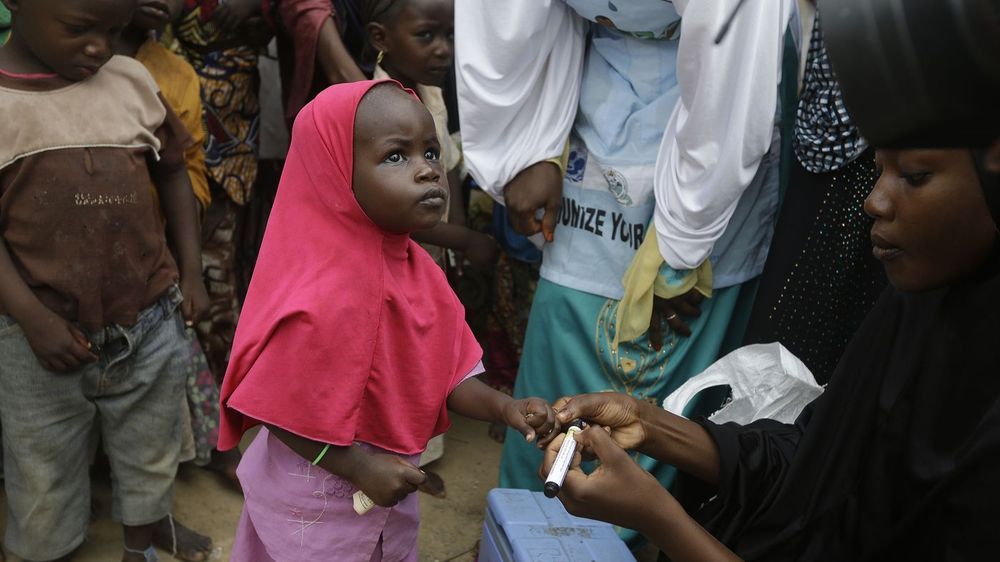
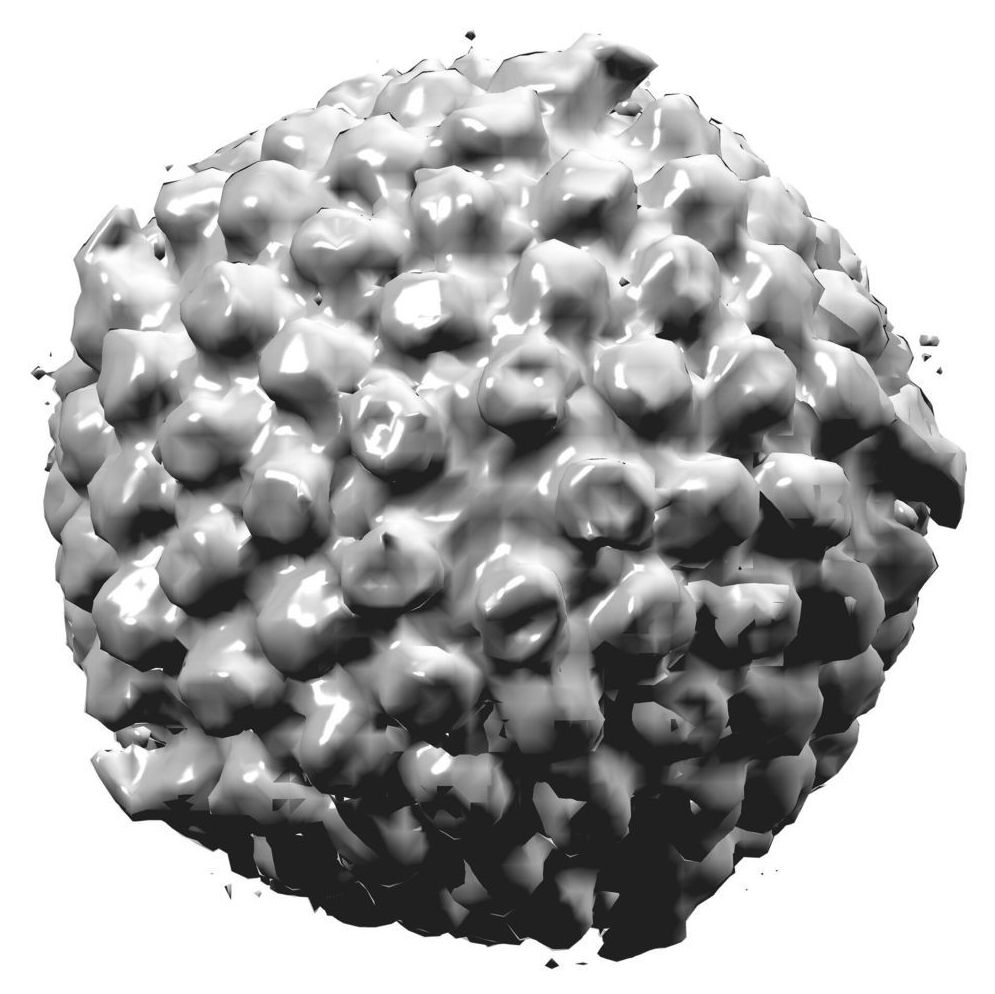
Discovery reveals mechanism that turns herpes virus on and off
New research from Dr. Luis M. Schang and his group at the Baker Institute for Animal Health has identified a new mechanism that plays a role in controlling how the herpes virus alternates between dormant and active stages of infection.
The herpes virus causes cold sores and genital sores, as well as life-threatening infections in newborns, encephalitis and corneal blindness.
Treatment of the virus is difficult, because it hides out in nerve cells and emerges months or years later to reactivate the infection.
This wristband tells you what food to buy based on your DNA
When an undiagnosed rare genetic disease caused his young son’s kidneys to fail, Professor Chris Toumazou vowed to find a way of uncovering hidden health risks.
The professor of biomedical engineering realised that, although his son’s condition could not have been prevented, the family could have managed his lifestyle very differently had they known about his condition.
So, he embarked on a mission to help people change their lifestyles and avoid getting sick.
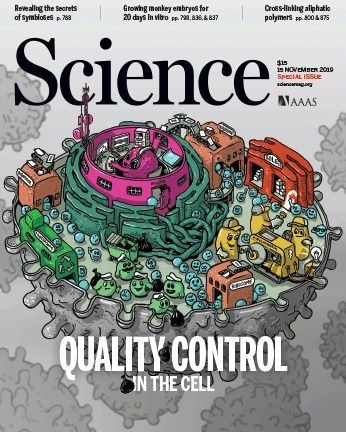
CRISPR’s unwanted anniversary
There are key moments in the history of every disruptive technology that can make or break its public perception and acceptance. For CRISPR-based genome editing, such a moment occurred 1 year ago—an unsettling push into an era that will test how society decides to use this revolutionary technology.
In November 2018, at the Second International Summit on Human Genome Editing in Hong Kong, scientist He Jiankui announced that he had broken the basic medical mantra of “do no harm” by using CRISPR-Cas9 to edit the genomes of two human embryos in the hope of protecting the twin girls from HIV. His risky and medically unnecessary work stunned the world and defied prior calls by my colleagues and me, and by the U.S. National Academies of Sciences and of Medicine, for an effective moratorium on human germline editing. It was a shocking reminder of the scientific and ethical challenges raised by this powerful technology. Once the details of He’s work were revealed, it became clear that although human embryo editing is relatively easy to achieve, it is difficult to do well and with responsibility for lifelong health outcomes.
It is encouraging that scientists around the globe responded by opening a deeper public conversation about how to establish stronger safeguards and build a viable path toward transparency and responsible use of CRISPR technology. In the year since He’s announcement, some scientists have called for a global but temporary moratorium on heritable human genome editing. However, I believe that moratoria are no longer strong enough countermeasures and instead, stakeholders must engage in thoughtfully crafting regulations of the technology without stifling it. In this vein, the World Health Organization (WHO) is pushing government regulators to engage, lead, and act. In July, WHO issued a statement requesting that regulatory agencies in all countries disallow any human germline editing experiments in the clinic and in August, announced the first steps in establishing a registry for future such studies.
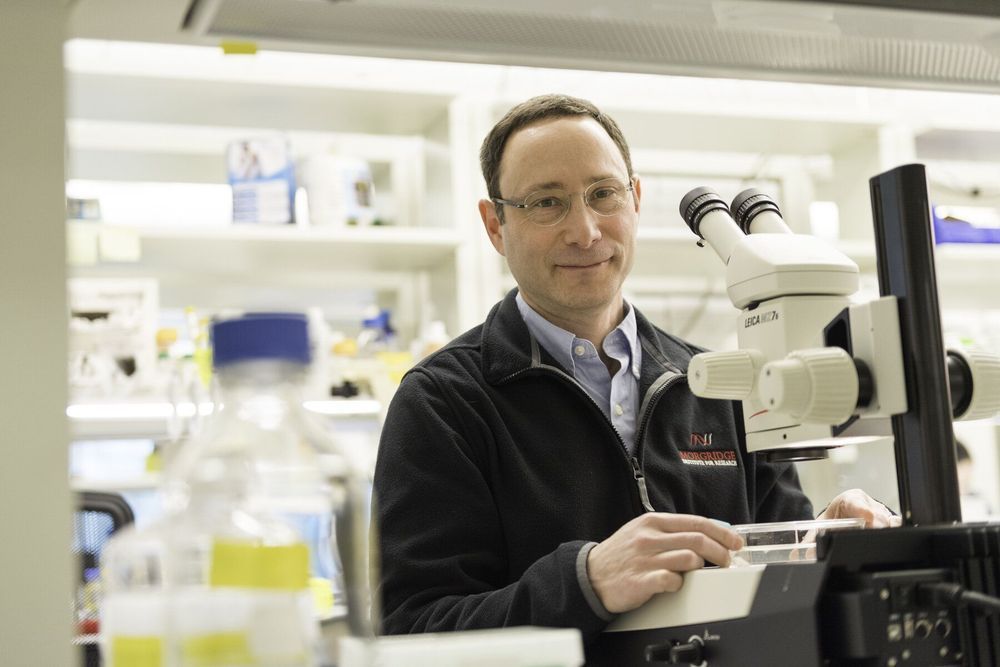
Parasite paralysis: A new way to fight schistosomiasis?
Scientists at the Morgridge Institute for Research have isolated a natural chemical that acts as a potent kryptonite against schistosomes, the parasitic worms that burrow through human skin and cause devastating health problems.
A research team led by Morgridge investigator Phillip Newmark reported in today’s (Oct. 17, 2019) issue of PLOS Biology the successful characterization of this chemical, which could lead to new ways to fight the neglected tropical disease schistosomiasis. This disease, caused by schistosome infection, affects more than 240 million people in Africa, Asia and parts of South America.
In this work the Newmark team focused on a phase of the schistosome life cycle that’s an intriguing target for preventing infection. Schistosomes seek out freshwater snails as hosts in order to produce millions of tiny fork-tailed creatures called cercaria, which are unleashed in the water and seek out mammals to infect. Their frenzied swimming allows them to penetrate human skin in minutes.
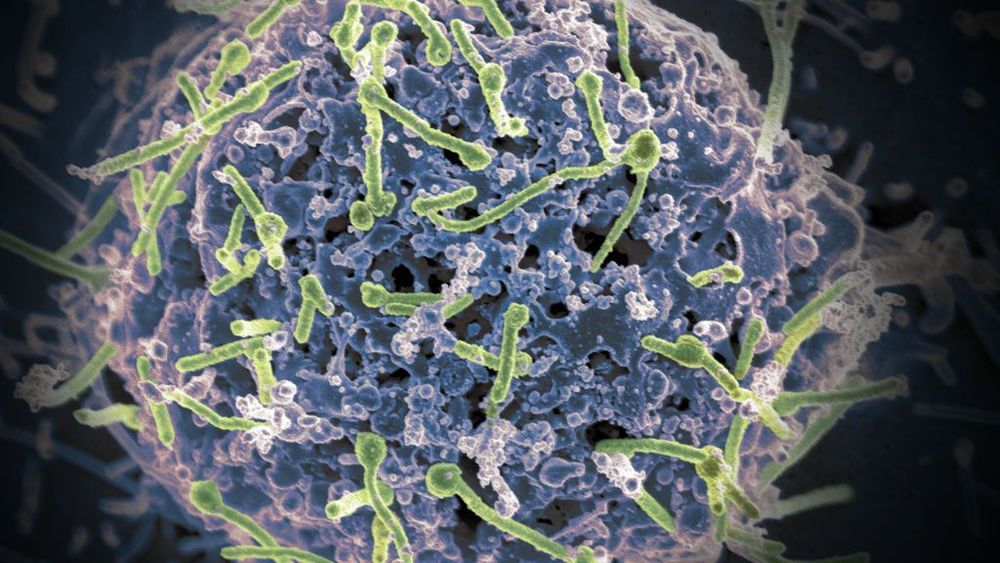
Ebola vaccine approved in Europe, in landmark moment for global health
After more than two decades of research, the world finally has an approved Ebola vaccine.
The European Commission granted marketing authorization to Merck’s vaccine, known as Ervebo, on Monday, less than a month after the European Medicines Agency recommended it be licensed. It is currently being used in the Democratic Republic of the Congo under a “compassionate use” or research protocol similar to a clinical trial.
“The European Commission’s marketing authorization of Ervebo is the result of an unprecedented collaboration for which the entire world should be proud,” Ken Frazier, Merck’s chairman and chief executive officer, said in a statement.
